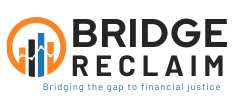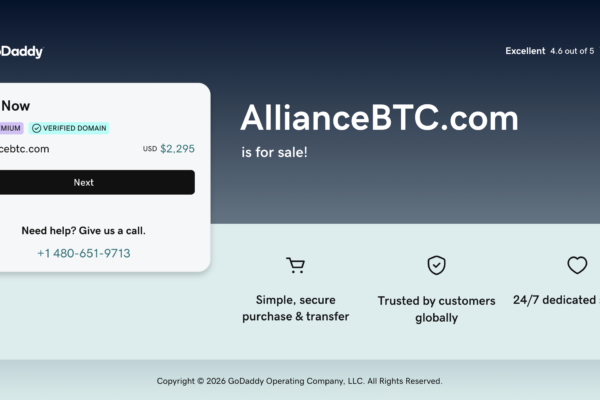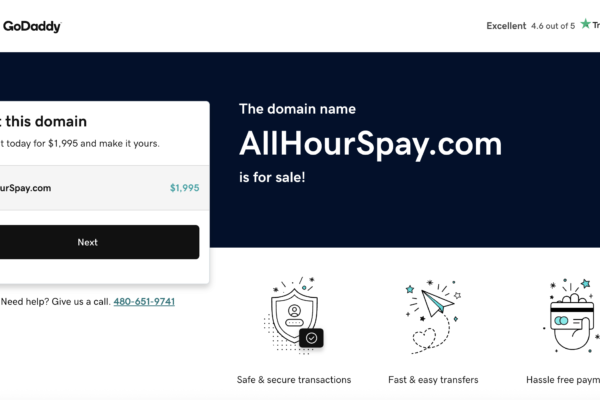CanFirst.net Scam : A Cautionary Tale for Job Seekers
In today’s digital era, remote work opportunities have opened doors for millions seeking flexible jobs. However, alongside genuine opportunities lies a shadowy world of fraudsters exploiting job seekers’ hopes and urgency. One such alarming example is CanFirst.net, a platform that has become synonymous with deceit and manipulation.
This blog post presents an in-depth review of CanFirst.net, uncovering how the platform operates, red flags to watch out for, and real customer experiences that highlight the damage caused. If you’re considering remote job offers online, this is a must-read to stay informed and protected.
What is CanFirst.net?
CanFirst.net claims to offer freelance work-from-home jobs, especially in fields like data entry, form filling, and basic document processing. On the surface, the website appears legitimate, with promises of generous payouts, low-effort tasks, and flexible schedules. But many users have discovered a darker truth.
Instead of providing genuine employment, CanFirst.net appears to be a fraudulent operation, designed to trap users into paying upfront fees, intimidating them with legal threats, and ultimately refusing to pay for completed work.
Red Flags and Warning Signs
1. Lack of Transparency
CanFirst.net provides minimal details about the company’s background. There is no verifiable business registration, physical office address, or professional team listed. A genuine company offering remote work should have clear contact information, an About page with team credentials, and a presence on professional platforms. CanFirst.net offers none of these.
2. Demanding Upfront Payments
One of the biggest warning signs of a job scam is when a company asks for money before offering any real work. CanFirst.net typically demands a “registration fee” or “software setup fee” from users. Many have paid this fee expecting access to tasks, only to receive nothing—or worse, lose additional money due to further fake charges.
3. Aggressive Legal Threats
Numerous users report receiving intimidating messages, including fabricated legal notices and harassment via phone calls, after failing to complete tasks or refusing to pay additional fees. These threats are used to scare individuals into complying and sending more money. Real companies do not threaten their workers or freelancers with lawsuits over minor infractions or delays.
4. No Real Job Assignments or Payments
Even when users do manage to get assignments, the system is designed to fail them on purpose—claiming “incomplete work”, “plagiarism”, or other baseless issues. Once the user is deemed non-compliant, CanFirst.net uses it as an excuse to demand penalties or terminate the account without pay.
Real Victim Experiences
Asha’s Ordeal
Asha, a fresh college graduate, was looking for part-time work to support her family. She came across CanFirst.net and was lured by the simple form-filling tasks and promises of fast payouts. After paying the registration fee, she started working, only to find her account disabled within 24 hours.
Attempts to reach customer service were ignored. Days later, she began receiving WhatsApp messages threatening her with legal action for “breach of contract” and was told she needed to pay additional legal processing fees. Shocked and anxious, she blocked the number—but the harassment continued via email.
Manpreet’s Loss
Manpreet Kaur reported being cheated out of over ₹53,000. She was assigned a set of tasks, which she completed diligently within the deadline. When she reached out for payment, she was told her account had been frozen for “technical errors” and she needed to pay a “clearance fee.”
After paying the requested amount, she was given false reassurances that her funds would be released. But she never received a penny back. Her emails and calls went unanswered after that.
Multiple Victims, Same Pattern
Many others have reported identical experiences: false job postings, demand for upfront payment, poor or no customer support, legal threats, and financial loss. The similarity in complaints suggests a systematic scam operation rather than isolated incidents.
Comparison with Other Scams
Scams like CanFirst.net often share the same structure:
-
NetFirst-Platinum offered what appeared to be a credit card but was merely a membership to a fake shopping site. Users were charged high fees but never received real benefits.
-
FarNorthReview posed as a legitimate business service but defrauded customers through unauthorized charges and fake subscriptions.
In all these cases, victims were initially lured in with professional-looking websites and convincing promises, but once money changed hands, everything fell apart.
How to Identify and Avoid Work-from-Home Scams
If you’re considering a remote job, here are steps you should always take before committing:
✅ Do Your Research
Search the company name along with keywords like “scam,” “fraud,” or “complaints.” Check independent job forums, Reddit, and review websites. Lack of online reviews—or multiple bad reviews—is a huge red flag.
✅ Verify Business Legitimacy
Check if the business is registered with local authorities. See if it’s listed on government or recognized databases. Scam companies often avoid official registration to avoid being tracked.
✅ Never Pay Upfront
Legitimate employers or freelance platforms do not require upfront fees for hiring, software, or training. Any such demand is a clear indicator of a scam.
✅ Avoid Giving Out Sensitive Information
Do not share your Aadhar number, Social Security Number, bank account details, or scan of your ID until you’ve 100% verified the employer.
✅ Look for Contracts
Scam companies either provide no contract or send vague, non-legally binding documents. If there’s no contract, no job. And if there’s a contract, read every line carefully.
Psychological Tactics Used by Scammers
Understanding how scammers manipulate their victims can help you stay vigilant:
🎯 Urgency and Pressure
They create a sense of urgency: “Limited seats available,” “Register now to begin work today,” etc. They pressure you to act fast before you can think or research.
🎯 Fear and Legal Threats
Once they have your money or data, they use fear tactics like threatening legal action, penalties, or reporting you to authorities. This is to prevent you from questioning them or reporting them.
🎯 Fake Authority and Professionalism
They use logos, email signatures, legal-sounding terms, and fake job offers to appear professional. But behind the scenes, it’s a well-rehearsed act.
-
Report CanFirst.net and Recover Your Funds
If you have lost money to CanFirst.net, it’s important to take action immediately.Report the scam to BRIDGERECLAIM.COM , a trusted platform that assists victims in recovering their stolen funds. The sooner you act, the better your chances of reclaiming your money and holding these fraudsters accountable.
Scam brokers like CanFirst.net continue to target unsuspecting investors. Stay informed, avoid unregulated platforms, and report scams to protect yourself and others from financial fraud.





